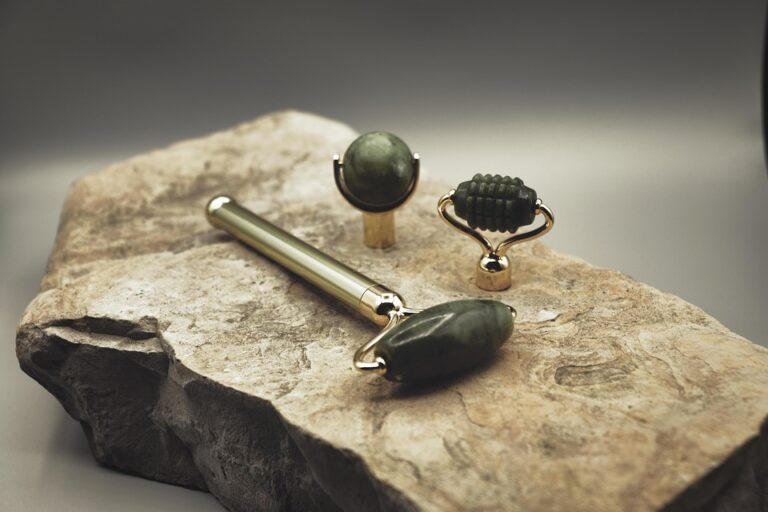
Exploring the Common Uses of Vitamin E: Benefits, Applications, and Considerations
Vitamin E, a fat-soluble nutrient, has earned its reputation as a powerhouse of health benefits. But what exactly lies beneath this well-known vitamin’s surface? Its applications extend far beyond mere dietary supplements, touching on skincare, heart health, and even fertility. Let’s delve into the multifaceted world of Vitamin E, examining its benefits, diverse applications, and some considerations that should not be overlooked.
1. The Antioxidant Champion
One of Vitamin E’s most celebrated roles is as an antioxidant. Antioxidants are vital in combating oxidative stress — a condition linked to various chronic diseases. Research indicates that Vitamin E protects cells from damage caused by free radicals, which can contribute to conditions such as cancer and cardiovascular diseases. Dr. David Becker, a nutrition expert, asserts, "The role of Vitamin E in cellular protection cannot be overstated; it’s a frontline warrior in our bodies’ defence system."
2. Skincare Sensation
The beauty industry has embraced Vitamin E with open arms. It’s a staple ingredient in many skincare products, owing to its moisturising properties and ability to promote skin healing. Whether it’s in serums, creams, or oils, Vitamin E works wonders for dry skin, helping to restore its natural barrier. However, it’s crucial to note that not all skin types react the same way. For instance, some individuals may experience breakouts when using products high in Vitamin E. A patch test is always advisable before indulging in new skincare products.
3. Heart Health Ally
Emerging studies suggest that Vitamin E could play a role in promoting heart health. Its antioxidant properties may help prevent the oxidation of LDL cholesterol, a process that contributes to atherosclerosis. However, the relationship between Vitamin E supplementation and heart disease remains complex. Some studies have indicated that while it may support cardiovascular health, excessive intake could pose risks. The key, as with many nutrients, lies in moderation and obtaining Vitamin E through a balanced diet rather than relying solely on supplements.
4. Fertility and Reproductive Health
Interestingly, Vitamin E has been linked to reproductive health. In both men and women, it contributes to the maintenance of healthy reproductive systems. In males, it is believed to enhance sperm quality and motility, while in females, it may support ovarian function. Nevertheless, the exact mechanisms are still being studied, and while supplementation shows promise, it is essential to consult healthcare providers for personalised advice.
5. Dietary Sources vs. Supplements
While supplements are widely available, they should be approached with caution. Dietary sources such as nuts, seeds, and green leafy vegetables provide a natural and well-balanced intake of Vitamin E. A diet rich in these foods is often sufficient to meet daily requirements without the potential risks associated with high-dose supplements. The NHS recommends adults aim for around 15mg of Vitamin E daily, a target easily achievable through a varied diet.
Final Thoughts
Vitamin E is undoubtedly a versatile and beneficial nutrient, encompassing a broad spectrum of applications from skincare to cardiovascular health. Yet, as with all things, a balanced approach is paramount. Whether you’re looking to enhance your skincare routine or bolster your health, understanding the nuances of Vitamin E can empower you to make informed choices. At BargainsTrust, we continuously strive to bring you insightful selections of products that cater to your health and wellness needs. Stay tuned for more information on the best choices for your lifestyle.







